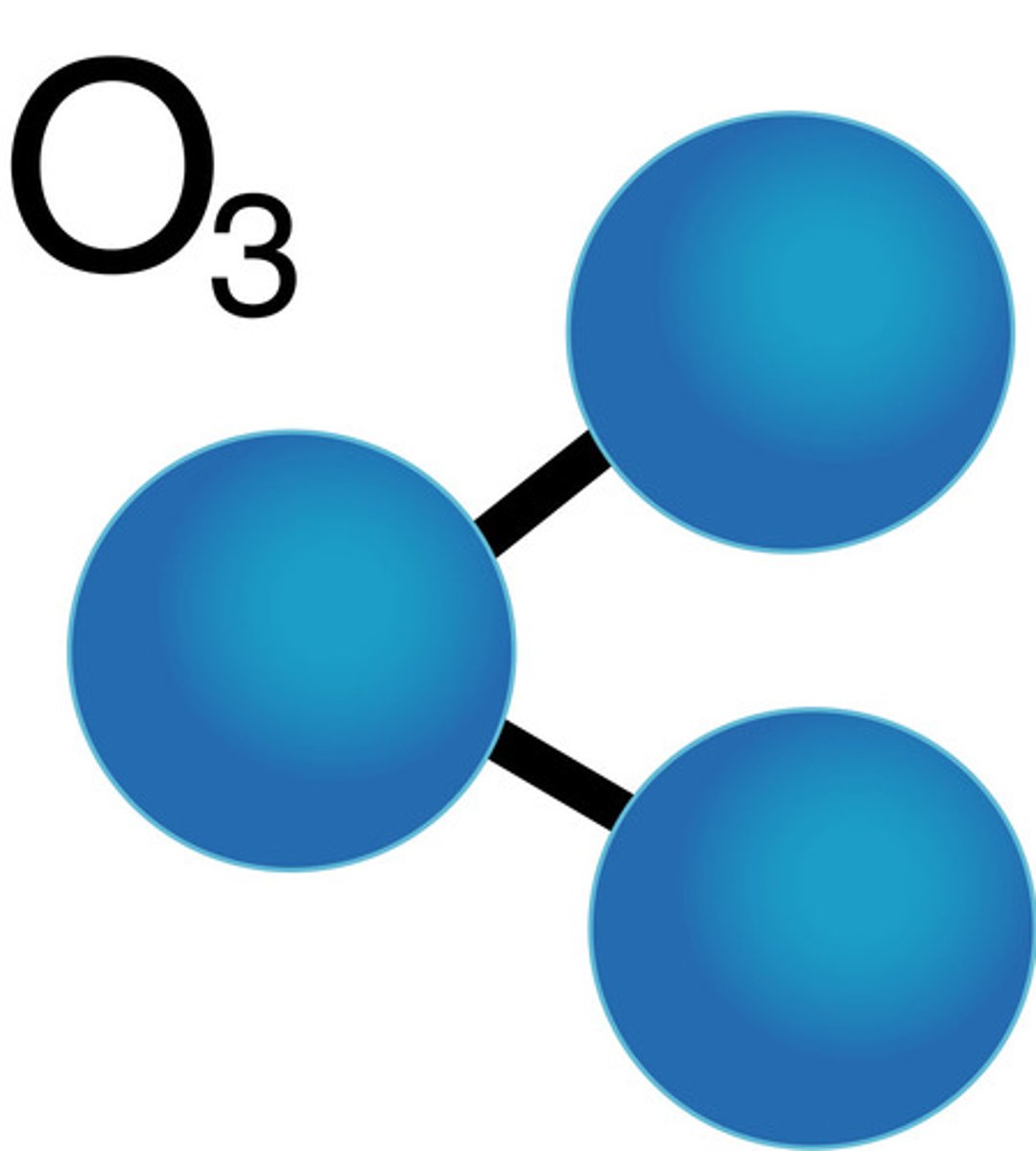Introduction to Chemistry
1/49
There's no tags or description
Looks like no tags are added yet.
Name | Mastery | Learn | Test | Matching | Spaced | Call with Kai |
|---|
No analytics yet
Send a link to your students to track their progress
50 Terms
What is everything in the universe made of?
Matter
What is matter?
Anything that has mass and occupies space
Can you create or destroy matter?
No, you can change it, but it will still be there
Much of matter and its behavior is ...
Macroscopic
What does macroscopic mean?
Big, you do not need a microscope to observe it
Matter that cannot be seen with the naked eye is called...
Microscopic
What does microscopic mean?
You need a microscope to see it
____________ are made up of particles called __________
Elements, atoms
Can you see atoms with the naked eye?
No, they are so tiny you cannot even see them with a microscope
What are atoms considered?
Submicroscopic
What does submicroscopic mean?
So tiny you can't even see them with a microscope
What is a substance?
Matter that has a definite composition (aka chemical)
Give an example of a substance
Ozone

How is ozone formed?
When oxygen (o2) is exposed to ultraviolet radiation
What is mass?
A measurement that reflect the amount of matter in an object
What is weight?
A measure of mass and the force of gravity on an object
Weight can __________ from place to place, but mass ____________________
Change, stays constant
Are there many fields of chemistry?
Yes, because there are so many different kinds of matter
Organic chemistry
Study of carbon-containing chemicals
Inorganic chemistry
Study of matter that does not contain carbon
Physical chemistry
The behavior and changes of matter and the related energy changes
Analytical chemistry
Components and composition of substances
Biochemistry
Matter and processes of living organisms
Environmental chemistry
Matter and the environment
Industrial chemistry
Chemical processes in industry
Polymer chemistry
Polymers and plastics
Theoretical chemistry
Chemical interactions
Thermochemistry
Heat involved in chemical processes
What is the scientific method?
A systematic approach used in scientific study
The steps in the scientific method are...
Repeated until a hypothesis is reached
First step of scientific method
An observation is the act of gathering information
What is qualitative data?
Data obtained through observations that describe color, smell, shape, or other physical characteristic related to five senses
What is quantitative data?
Data obtained from numeral observations that describe how much, how little, how big, or how fast
Second step of scientific method
A hypothesis is a tentative explanation for what has been observed
Third step of scientific method
An experiment is a set of controlled observations that test the hypothesis
Fourth step of scientific method
A variable is a quantity or condition that can have more than one value
What are the three variables of an experiment?
Independent variable, dependent variable, control
What is an independent variable?
Variable that you plan to change
What is a dependent variable?
Variable that changes in value in response to a change in the independent variable
Fifth step of scientific method (also what is a control?)
A control is a standard for comparison in the experiment
Sixth step of scientific method
A conclusion is a judgement based on the information obtained from the experiment
Seventh step of scientific method
A theory is an explanation that has been repeatedly supported by many experiments
A theory states a broad principle...
That has been supported over time by repeated testing
When are theories successful?
If they can be used to make predictions that are true
Eighth and final step of scientific method
A scientific law is a relationship in nature that is supported by many experiments, and no exceptions to these relationships are found
What are the two kinds of research?
Pure and applied
What is pure research?
Research to gain knowledge for the sake of knowledge itself
What is applied research?
Research is research undertaken to solve a specific problem
When do chance discoveries occur?
When scientists obtain results that are far different from what they expected
Give an example of a chance discovery?
Flemming discovered penicillin on accident